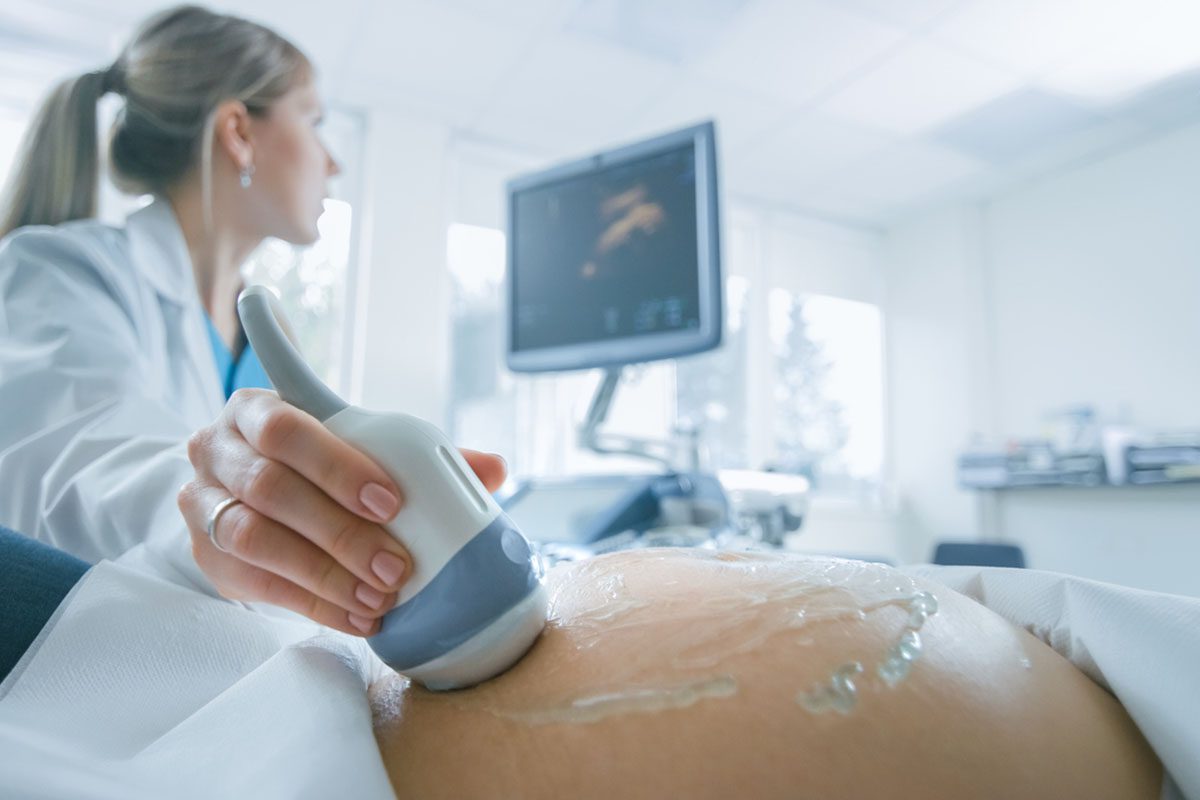Because this piece does not have an abstract, we have provided for your benefit the first 3 sentences of the full text.
To the Editor: In a recent issue of JCP, Marlene Freeman questioned whether the time has come to recognize perinatal psychiatry as an emerging specialty or whether the available information concerning the recognition and treatment of mental disorders in women who are currently pregnant, planning pregnancy, or in the postpartum period is adequately disseminated such that most nurses and clinicians are already well versed in perinatal psychiatry. The answer to this clinical question has relevant consequences for the planning of psychiatric care of women in the perinatal period if one takes into account that about 1 in 4 women of childbearing age is affected by a mental disorder, with depressive and anxiety disorders being the most common.
A number of factors should be taken into account when considering this question.
This work may not be copied, distributed, displayed, published, reproduced, transmitted, modified, posted, sold, licensed, or used for commercial purposes. By downloading this file, you are agreeing to the publisher’s Terms & Conditions.
See Article by Freeman
Is Perinatal Psychiatry a Needed Specialty?
To the Editor: In a recent issue of JCP, Marlene Freeman questioned whether the time has come to recognize perinatal psychiatry as an emerging specialty or whether the available information concerning the recognition and treatment of mental disorders in women who are currently pregnant, planning pregnancy, or in the postpartum period is adequately disseminated such that most nurses and clinicians are already well versed in perinatal psychiatry.1 The answer to this clinical question has relevant consequences for the planning of psychiatric care of women in the perinatal period if one takes into account that about 1 in 4 women of childbearing age is affected by a mental disorder, with depressive and anxiety disorders being the most common.2
A number of factors should be taken into account when considering this question.
Several health care providers are involved in recognizing and managing mental disorders in the perinatal period, since women suffering mental distress during pregnancy and postpartum can seek help from social workers, nurses, gynecologists, psychologists, pediatricians, general practitioners, and psychiatrists. All of these health care providers should receive adequate training, provided by a specialized multidisciplinary team, that would include acquisition of the growing amount of evidence-based findings on perinatal psychiatry. Such training should aid in the transfer of evidence-based information to women and their families and further assist in the identification of women with the most difficult-to-treat disorders, who could then be referred to a team specialized in perinatal psychiatry.
Once the available information is adequately disseminated, perinatal mental health care would not require a specialized team for the majority of women, particularly those with mild-to-moderate depressive and anxiety disorders, which seldom need intensive treatment,3,4 and those with mental distress induced by negative life events, lack of social support, and domestic violence.5 Since these latter risk factors do not occur only in the perinatal period, they can usually be managed by nonspecialized mental health care providers.
In contrast, a specialized multidisciplinary team should be involved in the management of severe mental disorders occurring in the perinatal period. Although the clinical management of depressive disorders during pregnancy and postpartum has been extensively studied and many reviews have been published in journals specializing in women’s health6,7 and pediatric care,8 few data are yet available on the clinical management of bipolar disorders, psychotic disorders, obsessive-compulsive disorders, and substance use disorders in the perinatal period. Furthermore, in severe and highly recurrent major depression, the discontinuation of antidepressants has been associated with suicide in the peripartum period.9
Therefore, because of the varying levels of knowledge concerning mental disorders in pregnancy and postpartum, women with disorders other than mild-to-moderate anxiety and depressive disorders should be referred to a multidisciplinary team specialized in perinatal psychiatry. One of the components of this team should be a psychiatrist particularly versed in the pharmacologic treatment of mental disorders in the perinatal period.
In conclusion, the need for perinatal psychiatry as a specialty is warranted, and a multidisciplinary team is needed for the training of perinatal care providers and the clinical management of the most difficult-to-treat mental disorders. This strategy could improve the diagnosis and treatment of mental disorders during the perinatal period, which are still inadequate for many women.10
References
1. Freeman MP. Perinatal psychiatry: an emerging specialty. J Clin Psychiatry. 2014;75(10):1086-1087. PubMed doi:10.4088/JCP.14f09436
2. Vesga-López O, Blanco C, Keyes K, et al. Psychiatric disorders in pregnant and postpartum women in the United States. Arch Gen Psychiatry. 2008;65(7):805-815. PubMed doi:10.1001/archpsyc.65.7.805
3. Marchesi C, Bertoni S, Maggini C. Major and minor depression in pregnancy. Obstet Gynecol. 2009;113(6):1292-1298. PubMed doi:10.1097/AOG.0b013e3181a45e90
4. Marchesi C, Ampollini P, Paraggio C, et al. Risk factors for panic disorder in pregnancy: a cohort study. J Affect Disord. 2014;156(Mar):134-138. PubMed doi:10.1016/j.jad.2013.12.006
5. Lancaster CA, Gold KJ, Flynn HA, et al. Risk factors for depressive symptoms during pregnancy: a systematic review. Am J Obstet Gynecol. 2010;202(1):5-14. PubMed doi:10.1016/j.ajog.2009.09.007
6. Yonkers KA, Wisner KL, Stewart DE, et al. The management of depression during pregnancy: a report from the American Psychiatric Association and the American College of Obstetricians and Gynecologists. Obstet Gynecol. 2009;114(3):703-713. PubMed doi:10.1097/AOG.0b013e3181ba0632
7. Acera Pozzi R, Yee LM, Brown K, et al. Pregnancy in the severely mentally ill patient as an opportunity for global coordination of care. Am J Obstet Gynecol. 2014;210(1):32-37. PubMed doi:10.1016/j.ajog.2013.07.029
8. Committee on Drugs, American Academy of Pediatrics. Use of psychoactive medication during pregnancy and possible effects on the fetus and newborn. Pediatrics. 2000;105(4, pt 1):880-887. PubMed
9. Regional Report on Maternal Mortality and Morbility: Emilia-Romagna, Italy, 2001-2007. http://assr.regione.emilia-romagna.it/it/servizi/pubblicazioni/dossier/doss212. Updated July 2, 2011. Accessed February 3, 2015.
10. Kupfer DJ, Frank E, Phillips ML. Major depressive disorder: new clinical, neurobiological, and treatment perspectives. Lancet. 2012;379(9820):1045-1055. PubMed doi:10.1016/S0140-6736(11)60602-8
Author affiliation: Department of Neuroscience, Psychiatry Unit, University of Parma, Italy.
Potential conflicts of interest: None reported.
Funding/support: None reported.
J Clin Psychiatry 2015;76(9):1251
dx.doi.org/10.4088/JCP.14lr09676
© Copyright 2015 Physicians Postgraduate Press, Inc.
This PDF is free for all visitors!





